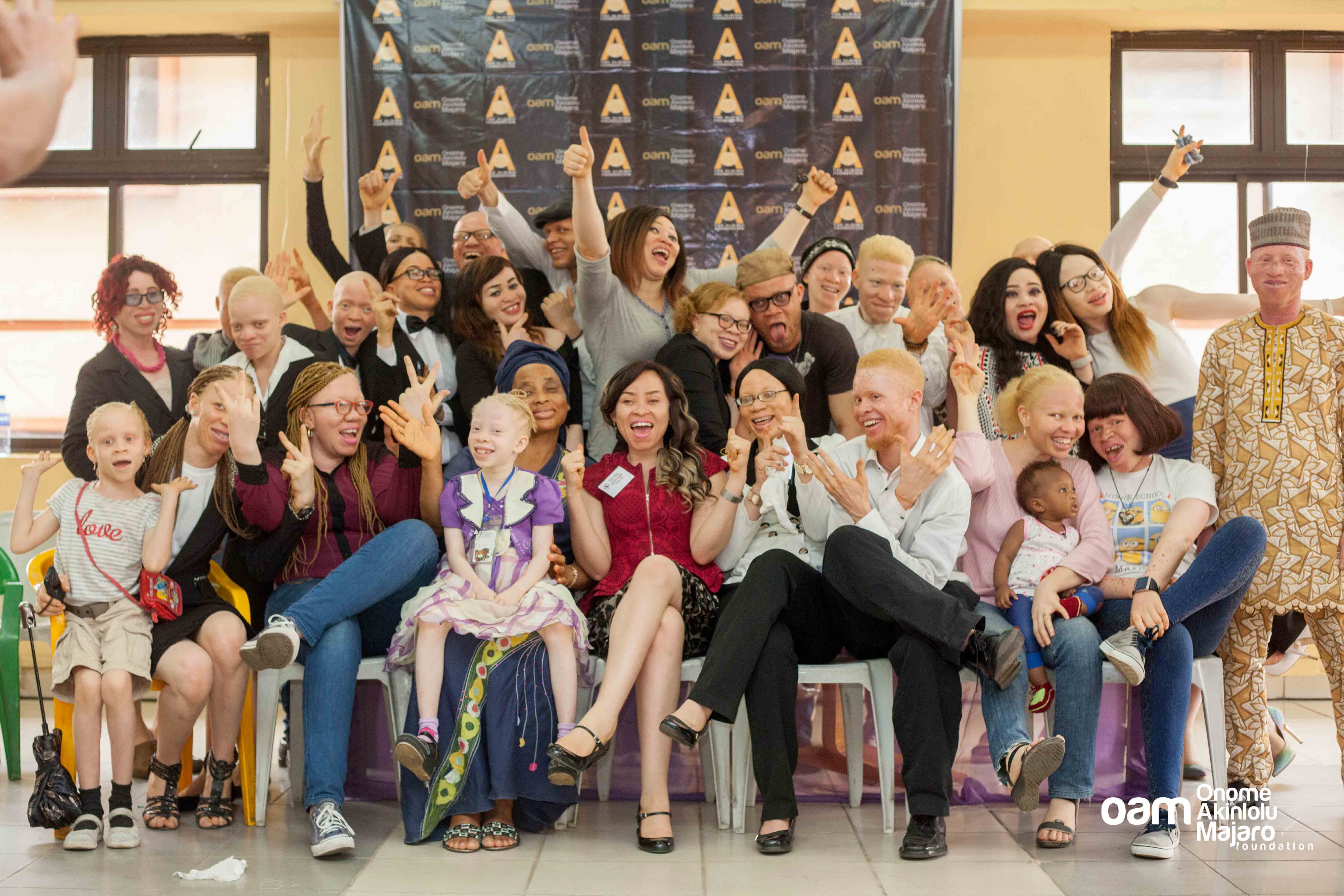Advocacy & Public Awarenes
A child born with Albinism will often be much lighter in colour than any family member. In non-white races the colouring of the baby with albinism is a dramatic contrast to the family and community.
Colour is a highly-charged characteristic in our culture now and historically. Parents and other family members may need to face some unpleasant comments and have to cope with teasing and name calling. Unfortunately, due to negative comments or reactions from family, strangers, some parents might be overwhelmed. The negative comments, name calling and attention might make some members of the family fall under pressure, and might lead to a deliberate neglect of the child with albinism.
Siblings need to understand why their brother or sister looks different and why he/she needs special attention. The family is the key to help an Albino child understand and accept himself or herself. A family able to accept and love their Albino child creates a special bond in a family.
Self love and self esteem is built from a young age. Parents should always protect and advocate for their kids. Albinism is wildly misunderstood. It’s important for patents to educate children and family members on albinism.
Some parents or guardians also believe that the future employment chances of a child with Albinism is limited, and therefore their education a waste of resources. Going to school can sometimes be challenging for a child with albinism.
But with minor modifications and minimal assistance, students can be successful. Teachers should be aware of the sight difficulties faced by the albino child and help make learning easy. Albinos, who do make it to school, sometimes suffer incessant teasing and bullying from peers, which fosters a core of low self-worth and assertiveness.
At OAM Foundation we understand that Albinism is widely misunderstood and we know the power of unconditional love from the family. We encourage parents to treat their kids with love and respect, to learn about the myths and facts on Albinism and to advocate for their kids. To be a voice. We provide support and encouragement for parents that need the additional help, support or guidance.

